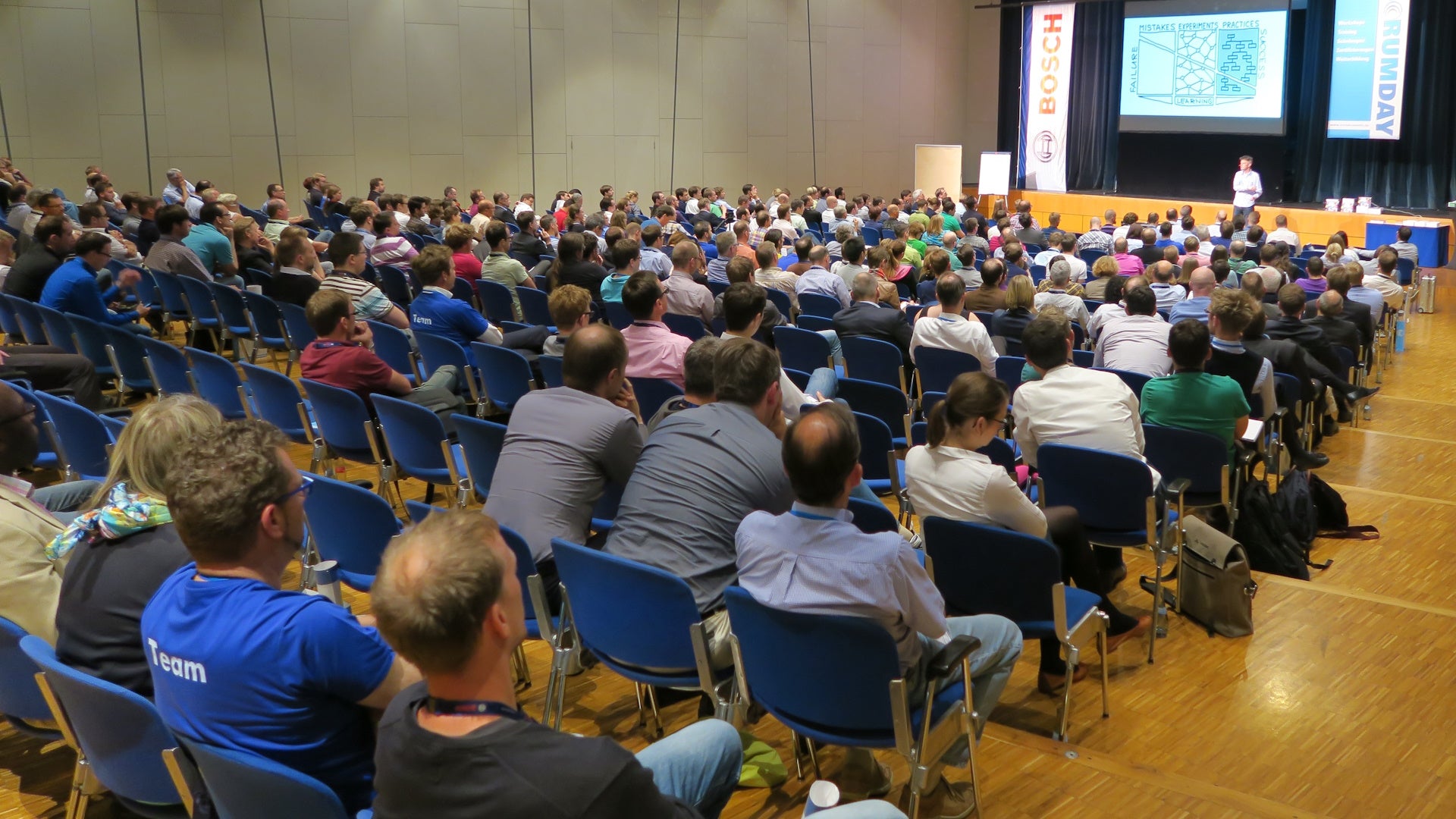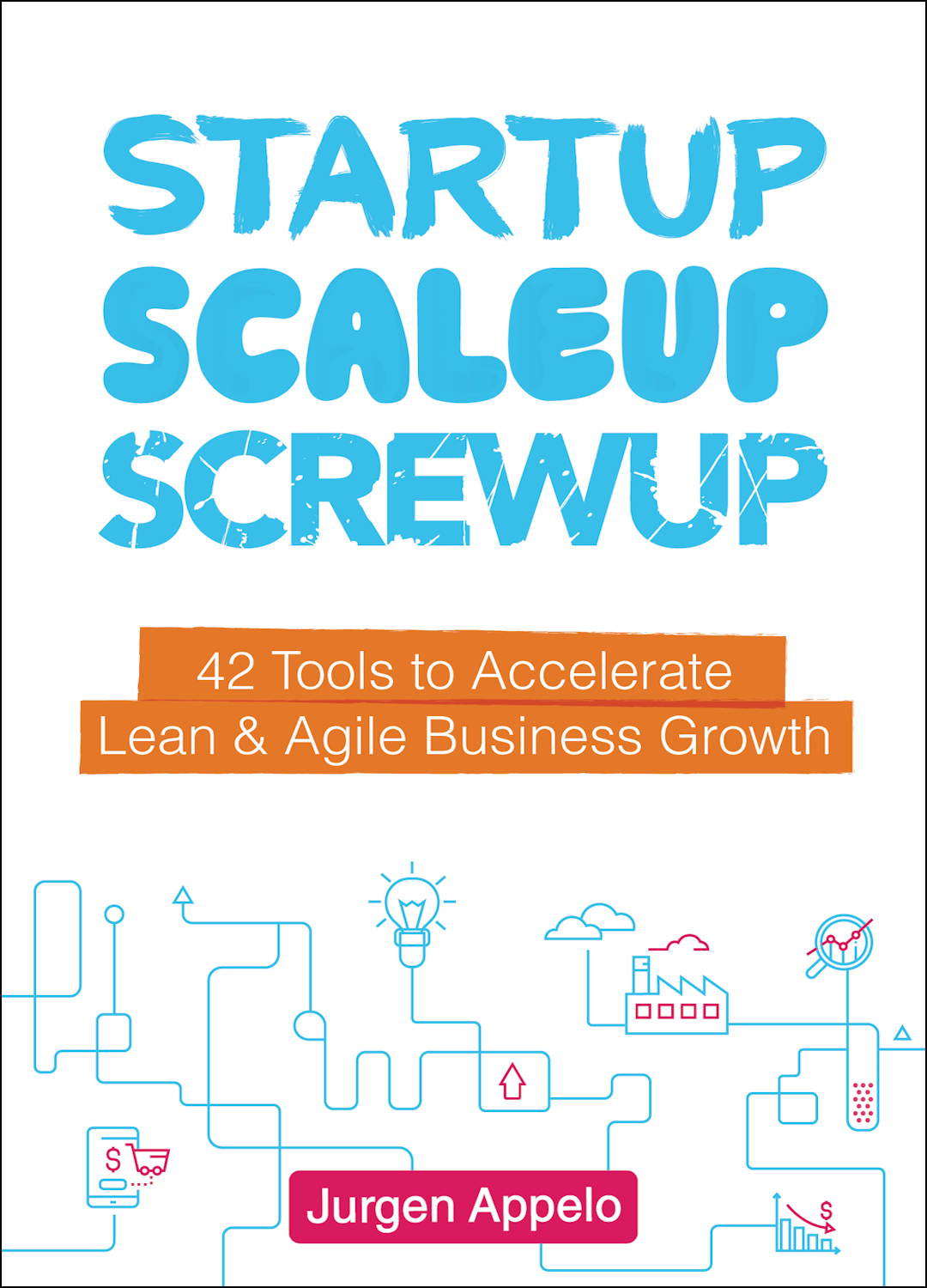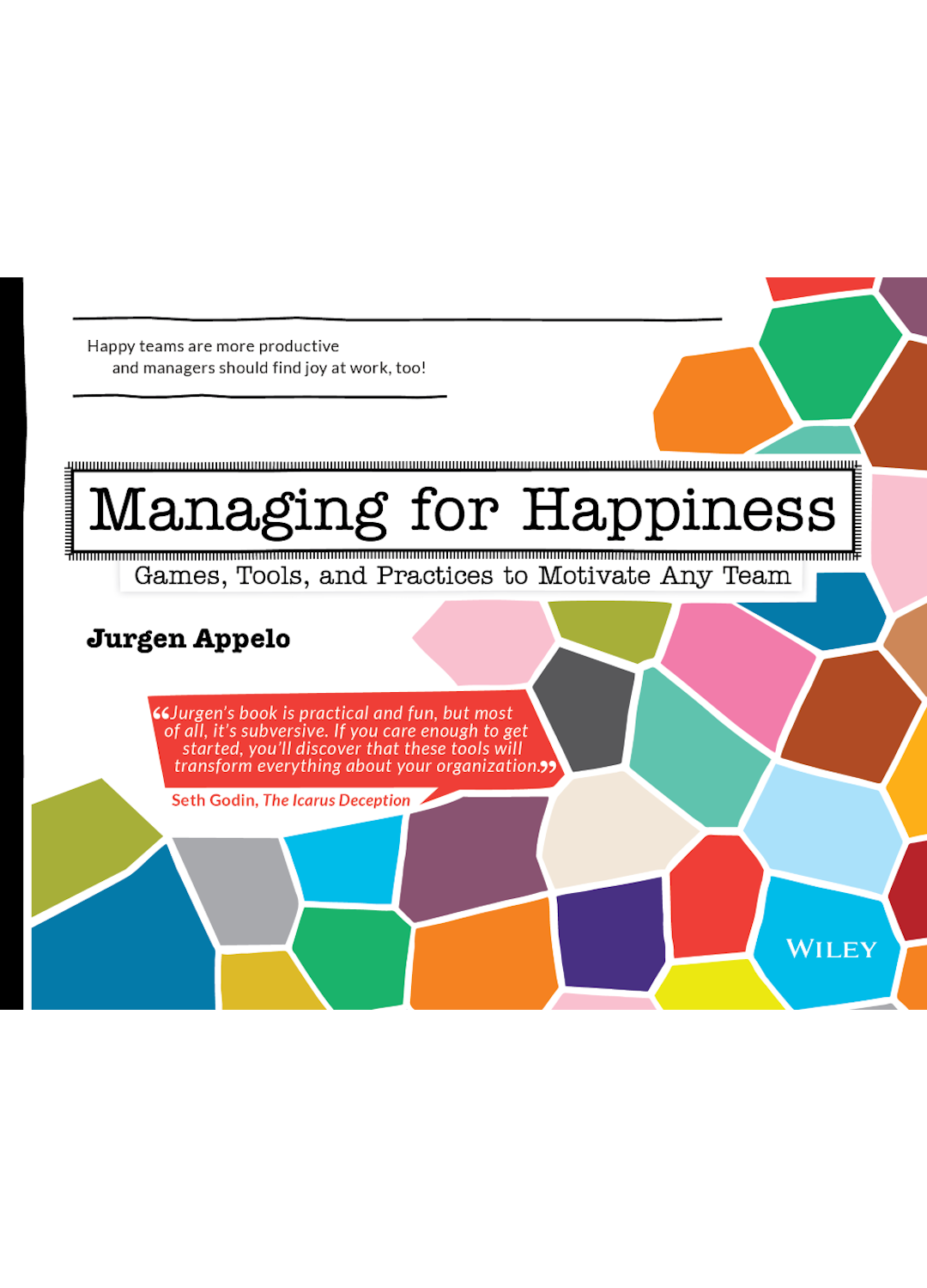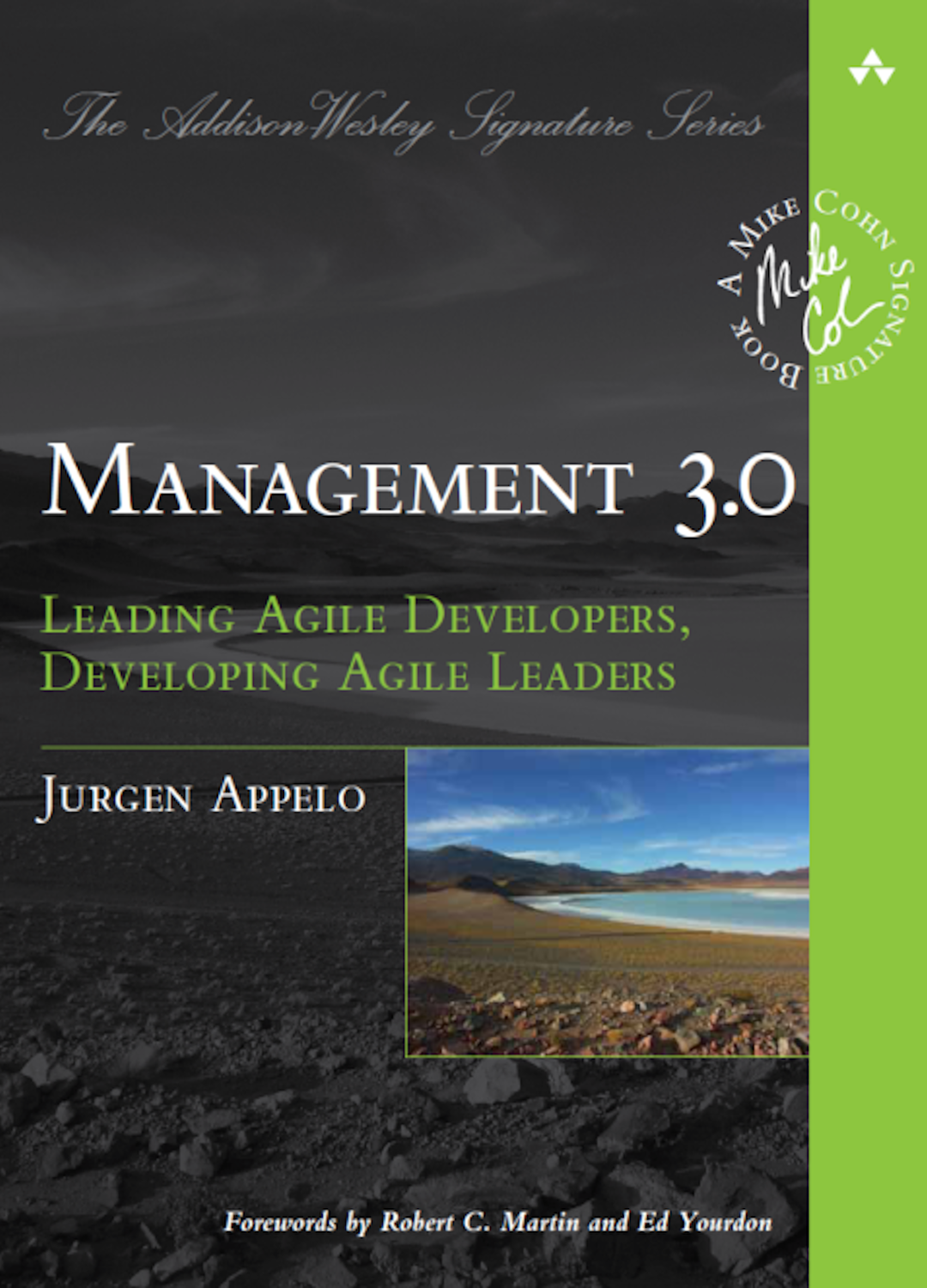When the Beginner's Mind Beats Industry Experience
Stop looking for job candidates with "experience." It's the people with experience who built those awful socio-technical systems in the first place.
"It took me four years to paint like Raphael, but a lifetime to paint like a child." — Pablo Picasso, painter and sculptor
The architects of your broken systems are applying for jobs to fix them.
Think about that for a moment. The same minds that built those creaking legacy platforms, those user-hostile product experiences, those agile-resistant architectures—they're now your "experienced" candidates. They've internalized the compromises, rationalized the technical debt, and mastered the art of working around the fundamental design flaws they helped create from the start.
Meanwhile, you're dismissing candidates with "no experience." The ones who ask uncomfortable questions like, "Why does this exist?" or "What if we approached this completely differently?"
Work experience isn't always a net positive. It's a collection of learned behaviors, accepted limitations, and embedded assumptions. The person with five years in ad-tech carries five years of thinking user privacy is negotiable. Your seasoned product manager has accumulated a thousand assumptions about what customers actually want. The enterprise software veteran has developed an instinctive reflex for building forms that make your employees contemplate career changes.
"The most dangerous phrase in the language is, 'We've always done it this way.'" — Grace Hopper, computer scientist and Navy admiral
Welcome to my explorations at the intersection of AI leadership, algorithmic management, and the future of work. In this age of AI, I focus on how networked and decentralized organizations can thrive with agentic AI, gig work models, and new approaches to AI management. If you're curious about the evolution of networked organization structures and the role of gig workers in tomorrow’s economy, you’re in the right place. Subscribe to my Substack now.
Remember the Curse of Knowledge. Experienced professionals, deeply familiar with dysfunctional socio-technical systems (because they built them), struggle to articulate fundamental flaws or envision radically different solutions because their understanding is trapped within the existing framework, making it nearly impossible to see through fresh eyes.
I'm also referring to the Beginner's Mind, meaning having an attitude of openness, eagerness, and lack of preconceptions when studying a subject. It champions the fresh, unburdened perspective of someone without the "experience" of existing systems, allowing for novel solutions and fearless questioning of established norms.
"In the beginner's mind there are many possibilities, but in the expert's mind there are few." — Shunryu Suzuki, Zen master
Fresh eyes don't see legacy constraints demanding accommodation. They don't see technical debt as inevitable or user frustration as normal. They don't see business agility as unattainable or continuous innovation as a naive fantasy. The beginner's mind sees only problems begging for solutions. They haven't learned to accept what's supposedly "impossible."
And that's precisely why recruiters should abandon their hunt for job candidates with "experience." It's the people with experience who constructed those awful socio-technical systems that you're desperately trying to escape. Consider hiring people without such baggage.
Your broken systems didn't build themselves, so stop hiring the people who did.















